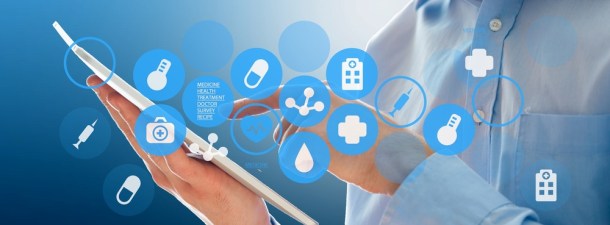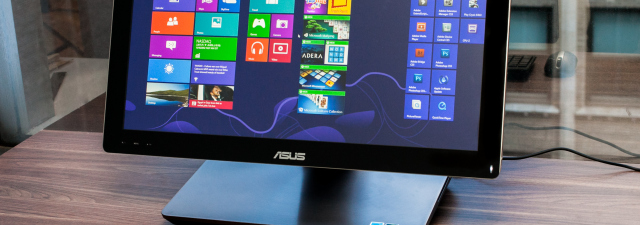The growth of life-threatening diseases like cancer and dementia is constantly being highlighted in the media.
It’s concerning, of course, but did you know that one in four of the world’s population will be affected by a mental or neurological disorder in their lifetime? Or that 450 million people currently suffer from such conditions? Probably not.
I’m sure you’ll agree that these statistics are pretty alarming. However, it doesn’t end there. Stigma and discrimination against mental disorders such as anxiety and depression means that many are left without the support they need to improve their lives. According to the World Health Organisation (“WHO”), around two-thirds of people with a mental health diagnosis don’t seek support from their doctor.
This leaves people who desperately need help in a sticky situation. That said, could the advancement of technology and innovation mean they have a chance of changing their lives and indeed, struggles? Let’s find out.
The app that aims to prevent suicide
Often, those struggling with mental health can find themselves in extremely dark places and end up experiencing suicidal thoughts. Research from WHO estimates that over 800,000 people take their own lives each year.
App Stay Alive aims to do exactly what it says on the tin. Developed in the UK, it provides support and guidance to those who have been thinking about suicide and those who know of people with such thoughts.
The app, available on both Android and iOS, features access to relevant helplines; a safety plan to help people avoid suicide; the ability to upload images that remind them of why they need to stay alive; and advice on how you can help someone avoid suicide.
A smartwatch app for PTSD sufferers
It’s highly common for people who have experienced traumatic events, like veterans coming out of war zones, to develop post-traumatic stress disorder (PTSD). Those diagnosed with the condition usually experience the trauma again through the form of nightmares and flashbacks, and can feel isolated as a result.
Student Tyler J. Skluzacek, whose father is an Iraq war veteran, has developed an app for the Pebble smartwatch capable of helping PTSD sufferers overcome the condition. MyBivy does this by looking for the causes of night attacks. Once heart rate changes and movement is detected, it’ll bring the user out of the deep sleep stage.
At the time of writing, the app was on Kickstarter with 18 hours to go left and $25,560 of a $1,194 goal already raised.
Wireless brain implant to treat depression
Depression is by far the most common mental health condition and leading cause of disability, with an estimated 350 million people around the globe suffering from it. So clearly, there’s a demand for effective treatment – and brain implants can help.
Doctors have been using them for disorders like Parkinson’s for decades, and they could soon be expanding to mental health conditions like depression. Researchers at Massachusetts General Hospital have been investigating smart DBS (deep brain stimulation implants) as part of a $30 million contract with the Defense Advanced Research Projects Agency (DARPA).
According to researchers at the hospital, these implants are capable of monitoring neuronal activity and stimulating the brain with electrical impulses when unusual patterns are detected. This gives doctors the ability to learn more about depression and eradicate symptoms.
After launching the project a year ago, the hospital has so far developed a single prototype. It’s a hub-and-spoke-style device that weighs around 50 grams and that sports a microprocessor and a rechargeable battery. As well as this, it has five satellites with individual electrodes. These monitor a specific area of the brain.
The examples in this piece are far from exhaustive, but they certainly demonstrate that technology has the potential and ability to change the lives of those struggling with mental health conditions. And clearly, as the number of diagnoses go up, the need for effective treatment is going to continue to grow as well. So if the tech exists already, why not make use of it?









